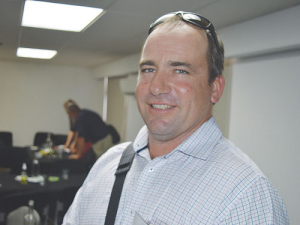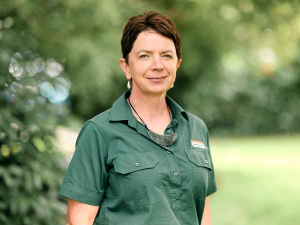A Horizons Regional Council (HRC) report foreshadows a grim future for the economic viability of the primary sector in the region.
The report, presented to regional councillors last week, comes after three months of analysis by council staff into the implications of the decision by the Environment Court on how the One Plan must be implemented.
The court’s ruling followed an appeal by Fish and Game and the Environmental Defence Society about how HRC was implementing the plan. The court sharply criticised the council and set a series of tough new requirements it had to meet.
But the HRC has been trying to see how it can implement the One Plan as per the courts ruling and it seems this is nigh impossible, meaning farmers face huge uncertainty about the economic viability of their operations under the new consent regime.
The report, which focuses on dairy farms, says that the way the council is now being forced to operate means that a significant number of existing farms are unlikely to be able to meet the One Plan’s nitrogen-reduction requirements while remaining economically viable.
The report contains a table which shows that in meeting the new requirements of the One Plan the profitability of some dairy farms in the Tararua District would drop 24-61%, and arable properties in the Rangitikei District will drop by up to 64%.
The HRC says low intensity dairy farms and arable farms would struggle to survive and would have to implement systemic changes to meet leaching targets. Ironically it notes that intensive systems which use herd barns are less likely to suffer financial problems.
One of the main stumbling blocks for farmers applying for consents under the new regime is meeting a requirement to accurately assess what impact any nitrogen leached from their farm will have on the total leached in the catchment. This is known cumulative effect and the applicant for the consent has to prove this to the HRC.
The report notes that while a legal pathway for doing this may exist, in practice it believes it will be very difficult to achieve.
Applicants will have to provide more information for their consents than in the past and the costs for restricted discretionary consents will likely require the involvement of more technical experts such as planners, farm consultants and scientists. The effect of this, the report concludes, is that a consent could cost $20,000 to $30,000 and more if it had to be notified.
A report by one of the consultants hired by HRC to review the court decisions, Dr Terry Parminter, suggests that many farms will not survive the magnitude and pace of change the One Plan requires.
Finally the report concludes what many had expected -- that a plan change is unavoidable. Such a move could take years, millions more dollars and leave dairy farmers in a limbo and reduce the economic contribution the primary sector makes to the region.
Even if the council decides to try to work its way through what the court has decreed, it says this will take at least 12 months and will not be straightforward.











